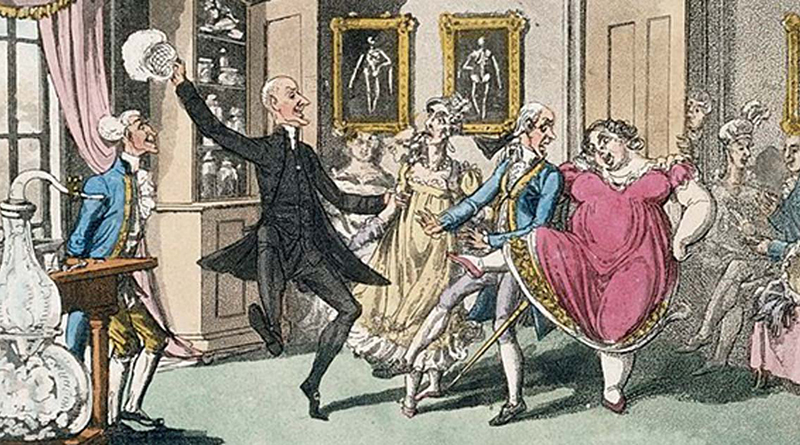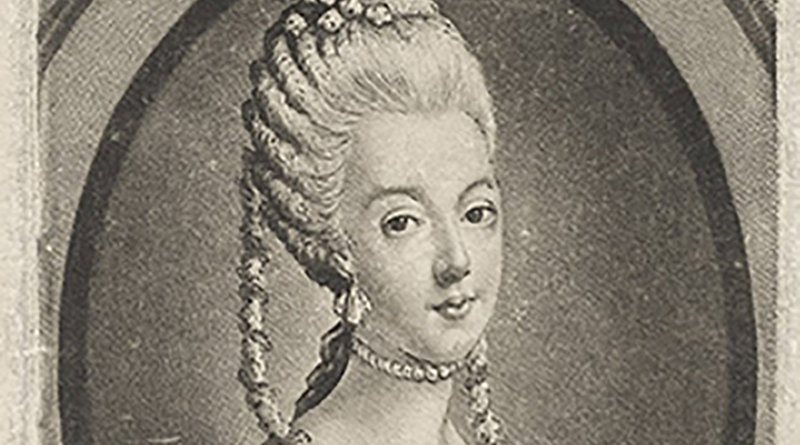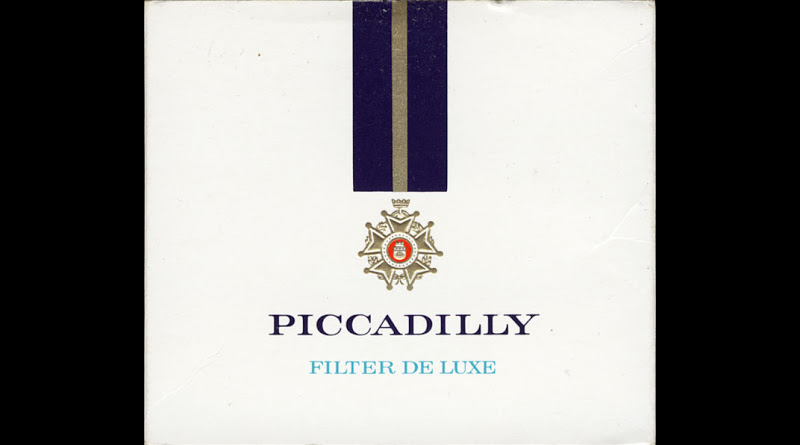Humphry Davy earned his seat in the scientific pantheon by a remarkable succession of discoveries, extending from sodium and potassium to the miners’ safety lamp and Michael Faraday, whom he engaged as keeper of the laboratory records and inducted into the mysteries of scientific research. Davy got his start in natural philosophy, as science was then called, in 1798, when at the age of 19 he was appointed assistant in Dr Thomas Beddoes’s Pneumatic Institute in Bristol. Beddoes, chemist, physician, and polymath, was something of a public figure, thanks to his well-advertised demonstrations of ‘factitious airs’ — the recently discovered gases, of which nitrous oxide, laughing gas, excited the greatest interest. Beddoes had high hopes of therapeutic uses for the gases. He even believed that gases emitted by cattle might cure tuberculosis and into his patients’ sick room he piped effluvium from both ends of cows, which he kept on an adjoining lawn.
In 1799 Davy, at Dr Beddoes’s instigation, breathed 16 quarts [18 litres] of nitrous oxide over a period of seven minutes. Here is how he described the ensuing sensation: the gas absolutely intoxicated me. Pure oxygen gas produced no alteration in my pulse, nor any other material effect; whereas this gas raised my pulse upwards of twenty strokes, and made me dance about the laboratory as a madman, and has kept my spirits in a glow ever since.
Dr Beddoes’s wife was acquainted through her sister, the fashionable novelist, Maria Edgeworth, with many of the literary lions of the day, including Samuel Taylor Coleridge and Robert Southey. Davy was introduced to this circle and the impression that he made, especially on Coleridge (who even expressed an interest in assisting Davy in the laboratory), is reflected in topical scientific allusions in Coleridge’s verse. Joseph Cottle, the Bristol publisher to both Davy and his poet friends, described in his Early Recollections of Coleridge, the effects of nitrous oxide on several literary men and on a game young member of what he calls ‘the softer sex’:
Mr Southey, Mr Clayfield, Mr Tobin and others inhaled the new air. One it made dance, another laugh, while a third, in his state of excitement, being pugnaciously inclined, struck Mr Davy rather violently with his fist. It now became an object… to witness the effect this potent gas might produce on one of the softer sex, and he prevailed on a courageous young lady, (Miss ____), to breathe out of his pretty green bag, this delightful nitrous oxide. After a few inspirations, to the astonishment of everybody, the young lady dashed out of the room and house, when, racing down Hope-square, she leaped over a great dog in her way, but being hotly pursued by the fleetest of her friends, the fair fugitive, or rather the temporary maniac, was at length overtaken and secured, without further damage.
— Walter Gratzer, in his book Eurekas and Euphorias: The Oxford Book of Scientific Anecdotes (read for free)







